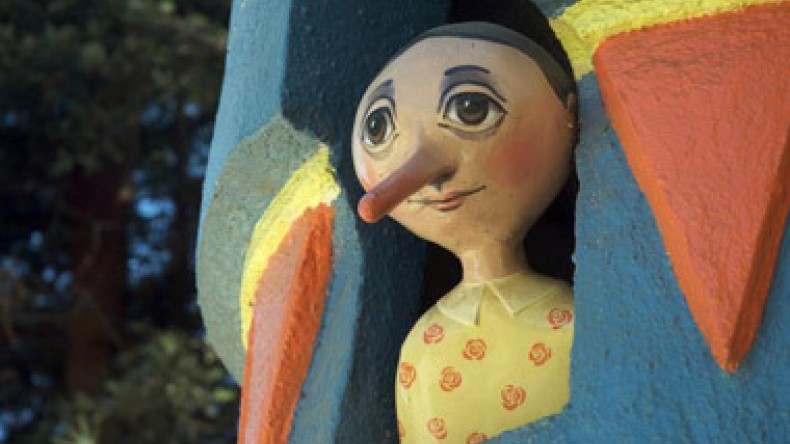
Harsh punishment for lying compels kids to lie more
Parents tend to feel betrayed or angry when their child lies and, accordingly, enforce punishments to prevent further lying. However, lying is usually a learned trait that children pickup from their parents. A recent study conducted at McGill University's Dept. of Educational and Counselling Psychology suggests that children who fear punishment due to lying are much more likely to lie compared to children who think telling the truth is the right thing to do, Medical Daily reports.
"The bottom line is that punishment does not promote truth-telling," Victoria Talwar, the lead researcher on the study, said in a statement. "In fact, the threat of punishment can have the reverse effect by reducing the likelihood that children will tell the truth when encouraged to do so. This is useful information for all parents of young children and for the professionals like teachers who work with them and want to encourage young children to be honest."
Talwar and her colleagues gathered their data through an experiment that involved 372 children between the ages of 4 and 8. Researchers left each child alone in a room for one minute while they were filmed via a hidden camera. Although each child was told there was a toy on the table behind them, they were also told not to peek at the toy while they were alone. After the minute was up, children were asked: "When I was gone, did you turn around and peak at the toy?"
Out of 372 children, 251 peeked at the toy. Children became less likely to peek as their age increased by one month. Of the 251 children who peeked at the toy, 167 lied about peeking at the toy. As children got older, not only were they more likely to tell a lie, but they also became more capable at maintaining their lies. Children who peeked were more likely to tell a lie if they feared punishment compared to if they thought telling the truth would please the adult or they thought it was the right thing to do and would make them feel good.
According to the American Academy of Child & Adolescent Psychiatry, children around the ages of 4 and 5 tell lies for a number of reasons. Children who enjoy hearing stories often make up their own stories for fun and blur the line between reality and fantasy. Lying can also indicate that a child is suffering from emotional problems. Some children tell lies to get attention, while others do so to deal with the demands of parents, teachers, and friends. Parents who fear their child is constantly lying should have their own discussion. After all, honesty and dishonesty are learned in the home.
Newsfeed
Videos






























